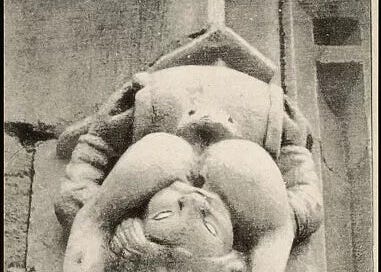I had the good fortune earlier this week to be visited here in Rome by an ex-student who was brought up in Nigeria and has been working on a novel set there. I’ve only read the beginning of the book and have been unable to read more. (At the moment I can’t read much because I haven’t figured out how to scroll down though documents without the help of Isabella.) Anyhow, when the student had written a considerable amount of the book, she decided to show it not to an editor, friend, publisher or agent, but to a so-called ‘sensitivity reader’. She was concerned about whether her work would be politically correct or considered offensive to some or other reader; she was worrying about whether the book would even get past an agent, let alone to a publisher. This is a trend I’ve noticed with other students and also with editors at publishing houses: whether their work will be condemned for sexism, racism, cultural appropriation and so on. This is the contemporary anxiety for young writers today.
Keep reading with a 7-day free trial
Subscribe to THE KUREISHI CHRONICLES to keep reading this post and get 7 days of free access to the full post archives.




